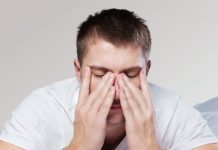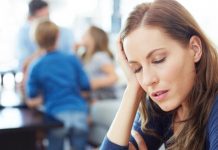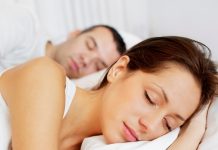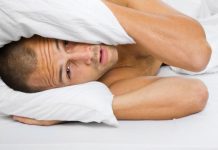If you tend to dismiss sleep apnea as ‘mere snoring’ you would be deluding yourself. Snoring can be annoying and irritating to others, however it is only one of the warning signs of sleep apnea.
Similarly one could say that narcolepsy is about the same as insomnia but that would be misguided as well. Let us understand what exactly insomnia, snoring, sleep apnea and narcolepsy are and how each is different from the other.
Snoring is the typical noisy breathing during sleep, the noise made by the vibrations caused during inhalation and exhalation when there is a relaxing of airways and muscles.
Sleep apnea on the other hand is an actual pause in breathing during sleep or abnormally low breathing.
The differences between snoring and sleep apnea are many
Snoring may be one of the symptoms of sleep apnea however the former is markedly different from the latter and all snorers do not have sleep apnea.
Snoring may be no more than just an irritating symptom where as sleep apnea actually suspends breathing for 10 or more seconds causing a lowering of oxygen levels.
Typically sleep apnea will cause a person to wake up in the night causing day time fatigue, poor concentration levels during the day, vision problems, slowing of the reflexes and many other problems that can come from sleep deprivation. Heartburn, morning headaches, choking or gasping during sleep, problems with emotional functioning can all be a problem resulting from this condition.
Insomnia is a term used simply to describe sleeplessness or sleeping difficulties in terms of falling asleep or staying asleep.
Narcolepsy is a condition typified by the urge to sleep at usual times during the day, such as when at work at school and so on. Narcolepsy is often confused with or misdiagnosed as insomnia.
The difference between insomnia and narcolepsy
It is mainly the fact that while insomnia is characterized by difficulty falling and remaining asleep, with narcolepsy a person may have slept well and enough in the night and may still feel sleepy in the day time.
Those with narcolepsy may have no or little control over when and where they fall asleep and there is a lot of day time drowsiness associated with the condition.
Also unlike insomnia, those with narcolepsy may display automatic behavior (walking and talking) during episodes of sleeping, but may have no recollection of those activities upon waking.













